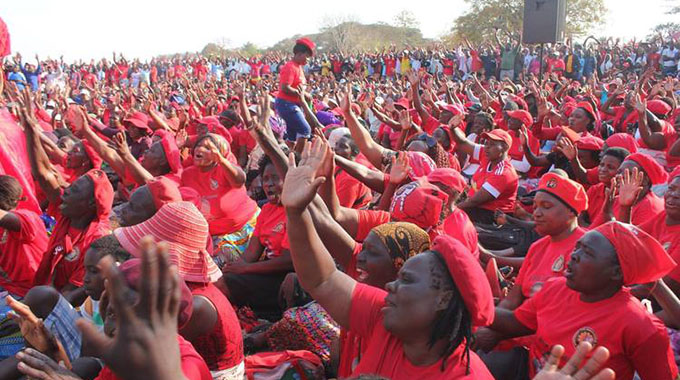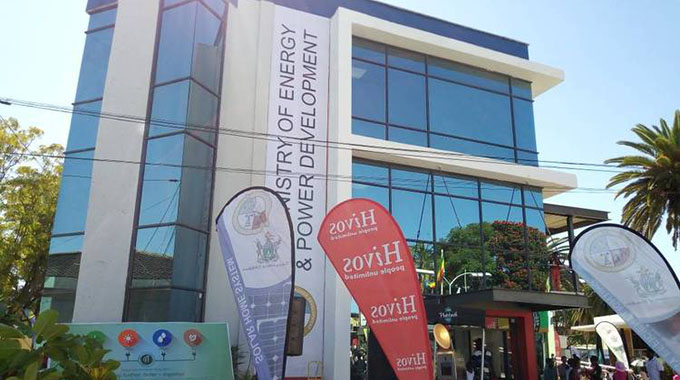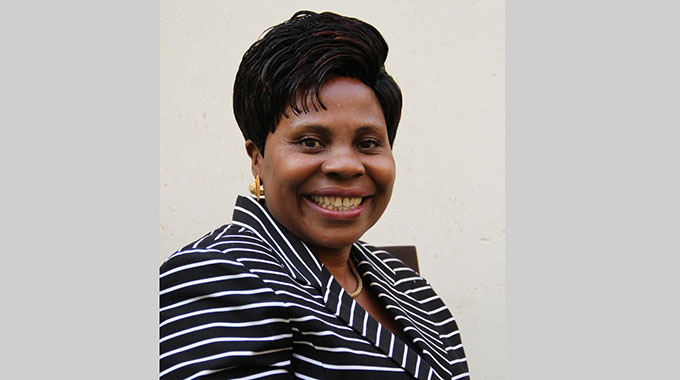Of spaghetti roads, bullet trains and village airports

David Mungoshi Shelling the Nuts
Rabindranath Tagore, the Bengali poet, novelist, screenwriter and painter, was the first person of non-European origin to win the Nobel Prize for Literature. Born in India in 1841, Tagore’s book, “Gitanjali – Song Offerings”, saw him awarded the Nobel in 1913 at the age of 52.
That Tagore was multi-talented and industrious goes without saying.
His many works of art testify to that.
In addition, the Nobel was, for him, a most deserved enactment of third party endorsement. His work ethic is best captured in one of his most treasured quotes:
“I slept and dreamt that life was joy. I awoke and saw that life was service. I acted and behold, service was joy!”
Never before have Tagore’s words been as apt as they are for Zimbabwe in our current circumstances.
The big question now, with Zimbabwe once again open for business, is the nature of our multifarious drives. What is it exactly that motivates us in these critical times? Given the phenomenal number of presidential hopefuls in the 2018 harmonised elections, one needs to ask this and other questions.
Ideally, we should all have the glowing flame of a uniform national vision inside our hearts. And we should also be passionately driven by an overwhelming desire to preserve our collective national heritage in its various configurations: history, art and culture, our revolution and our resources.
Cde Chinx and the ZANLA choir used to sing a song that could quite easily have been the national anthem. Without doubt, the song was an oath of allegiance to the ideals of the armed struggle and the fight for independence. It was also a profound exhortation to Zimbabweans to remain united, and to be patriotic. “We want our Zimbabwe along with its resources”, said the song. Thus, independence was not supposed to be in political terms only. Nay, uhuru was always meant in egalitarian terms; it was envisaged to bring the greatest amount of good to the greatest number of people in the land.
While there necessarily was a rationalisation and redistributive tenet to the political economy that had to emerge with independence, there was also always a need to guard against the entitlement syndrome. In biblical terms, independence was metaphorically the same as that crossing of the River Jordan into Canaan, the fabled land of milk and honey.
It seemed that all that the people had to do was stand there with open palms and open mouths, and “receive” in plenty from the reclaimed fat of the land. Over the years, people forgot that even when manna from heaven rained over the desert, the people had to work to collect it, and they had at all costs to avoid hoarding. The consequences of hoarding were drastic. The manna went bad in such circumstances.
Hoarding is, in fact, a despicable act of corruption because whenever anyone engages in hoarding they are catering to the narrow interests of family and clan. Such behaviour is antithetical to egalitarian principles of existence. This is as true today as it ever was. It is probably even truer in these bread and butter times when we appear to have all but forgotten the ubuntu directive that requires that we treat a child as everyone’s child.
So, where are going with all this? Election time bids that we do some soul-searching in terms of the choices we make. I cannot vouch for its authenticity, but there is in circulation on social media a video in which Thokozani Khupe is seen and heard to say that it is all about money and that she is in it for the money. I could not help wondering if Khupe’s words as captured in the video were an honest admission of her motives or an inadvertent slip.
It is not my intention to slander the good lady since a properly instituted forensic stylistic analysis might reveal something else. In the context of social media ingenuity, we must indeed consider a frame-up as a remote possibility. Rather we should see it as an ever-present reality that seems to rather conveniently fit into current conspiracy narratives according to which she is under the pay of some individual or some organisation.
Khupe is cast into the role of a vile spoiler likely to spirit away votes that might in the end prove to be critical for the opposition. Be that as it may, if we wait long enough all things shall be revealed at last. Some politicians have a tendency to state allegations as fact and others always deny things regardless of the evidence.
Tagore’s words are an urgent invitation to all humanity to act in service to others.
According to Tagore, when that happens service becomes joy. The electorate can in its wisdom be responsive only to those who are true to themselves and to the needs of the people; such candidates are not driven by that which is expedient only.
They allow their personal interests to be subsumed by the interests of the majority and act only in unison with others of similar bent because they know that it is a fallacy to assign to any one person the incidents of history the way that Garibaldi in Italy and Bismark in Germany were, in the colonial narratives taught as history in Africa, credited with unification in those countries.
What we need from all 128 aspiring presidents is not only their manifestos, but also clear statements from them regarding how they intend to serve the people and the country if they should find themselves fortunate enough to be sworn in in the very near future. They must also pledge to uphold the Constitution at all times and to guard it jealously at all times.
If a future presidential incumbent works honestly and diligently for the people they will find that the people carry their name in their hearts and exude it in their consciousness. They will also discover that in such circumstances the people are never far away from them. While rallies are useful mobilisation tools they are not necessarily indicative of a lasting bond and those who shout the loudest may be feigning it all. Politicians you stand warned!
One of the most demeaning concerns in modern times is humanity’s overwhelming preoccupation with keeping up appearances. In these circumstances it is necessary for one to always be alert and to take most things with a grain of salt. In many cases authenticity has become very rare currency to the extent that it is folly to take things at face value.
Spaghetti roads, bullet trains and village airports where large aircraft can land are a beautiful dream in the medium to long term but are most likely not a priority just yet.
People want change that they can see and understand in the immediate. They want to see an amelioration of their circumstances and a qualitative upgrading all round. On the question of appearances, Tagore is inspired to write:
O servant, where dost thou seek me?
Lo! I am beside thee.
I am neither in the temple nor in the mosque: I am neither in Kaaba
nor in Kailash:
Neither am I in rituals and ceremonies nor in yoga and renunciation.
If thou art a true seeker, thou shalt at once see Me: thou shalt meet Me in a moment of time.
Kabir says, “O Sadhu! God is the breath of all breath.
Tagore’s prophetic voice is expressive of divine displeasure against pretence and deceit. It would seem that there is politics everywhere including in religious institutions and circles. People are more concerned with fitting in: the colour and passion of your confessions and testimonies in the presence of multitudes hungry for a sign, how holy your step is as you walk to the altar for communion, how well you speak in tongues before awed audiences and just how spectacular your miracles are. According to Tagore, God has no use for our grand churches and cathedrals. They are really for our own convenience and image-building. God cannot be confined to a building.
Too often you hear preachers and devout others saying that anyone who does not dance in church is of little faith. There is no allowance given for individual differences and preferences. The curse of new-found orthodoxy and fundamentalism is everywhere, especially where people believe that end-times are nigh. All the grafters and pretenders give religion a bad name. And indeed the very same people also give politics a bad name.
It would be gross exaggeration to claim that every egg in the basket is rotten. Every so often there comes along someone special, someone whose demise is a national tragedy. I remember how black people in Southern Rhodesia mourned sorely when Dr Tichafa Samuel Parirenyatwa, deputy president of ZAPU, died at only 35 years in a fake accident in 1962. Never before till then had a funeral in the country been of such huge magnitude.
David Mungoshi is a social commentator, a writer and editor.









Comments